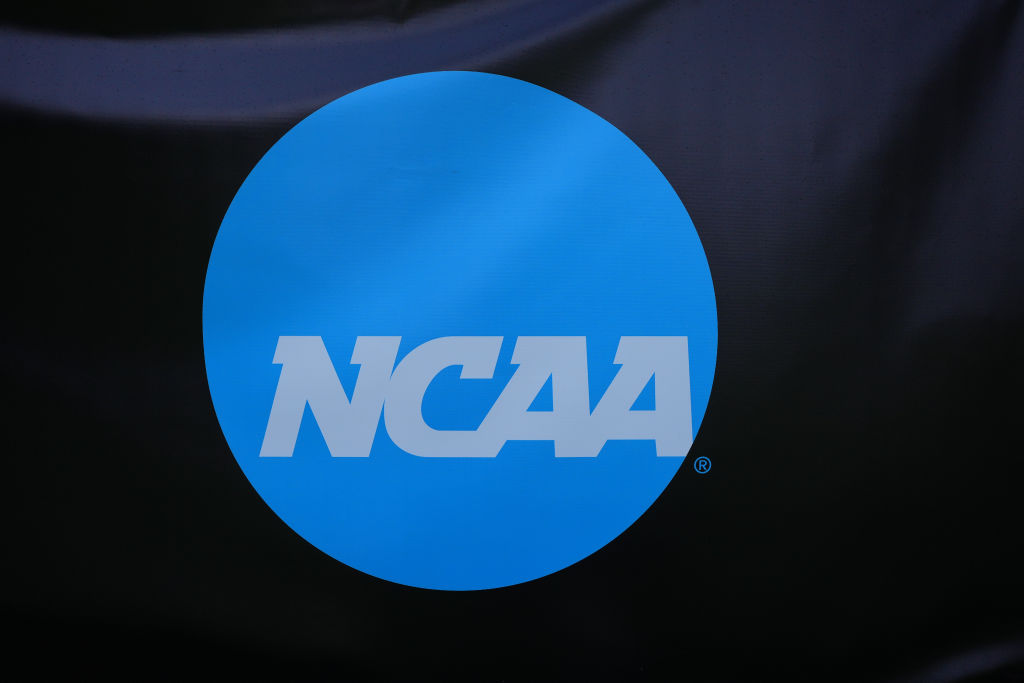Since the uptick of student-athletes inking name, image, and likeness (NIL) deals, there has been debate about whether or not they’re capable of maintaining five to seven-figure payouts.
Now, a new proposal is looking to offset the scrutiny by ensuring schools are looking out for the best interest of the young athletes’ finances.
On Dec. 5, NCAA President Charlie Baker proposed rules that would allow Division I schools to enter into NIL deals directly with their athletes, according to ABC News. This would be the first-ever opportunity member schools would have to pay their athletes outside of academic-based compensation. For those that decide to participate at the highest tier, they will be required to put millions of dollars into a trust fund for athletes per year.
Additionally, the school would have the ability “to create its own set of rules for recruiting, transfers, roster size and a wide range of other policies.”
Another requirement for schools under the top subdivision is that a minimum of $30,000 for each athlete is saved for at least half of the students annually to “help athletes continue educational pursuits during the summer or after their careers, but there would be no requirements for how they spend it.” In addition, it wouldn’t be required for athletes to finish their degrees in order to access the money.
Baker believes that his proposed new rules would aid in closing the gender equity gap as the trust fund would have to follow Title IX law and equally distribute money to both men and women student athletes.
“[It] is time for us — the NCAA — to offer our own forward-looking framework,” Baker wrote in the letter, according to ABC News. “This framework must sustain the best elements of the student-athlete experience for all student-athletes, build on the financial and organizational investments that have positively changed the trajectory of women’s sports, and enhance the athletic and academic experience for student-athletes who attend the highest resourced colleges and universities.”
He added, “[This proposal] kick-starts a long-overdue conversation among the membership that focuses on the differences that exist between schools, conferences and divisions and how to create more permissive and flexible rules across the NCAA that put student-athletes first. Colleges and universities need to be more flexible, and the NCAA needs to be more flexible, too.”
Baker did not share how the proposal will be expanded upon nor a time frame for rollout. Per the outlet, such a process for major NCAA rule changes can take a year or more. Schools will then have to vote on the changes.
The annual NCAA Convention has a planned meeting scheduled for January 2024 in Phoenix, AZ.


